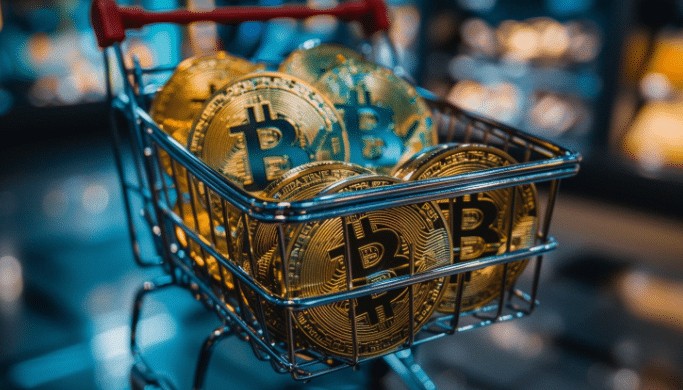In recent years, blockchain technology has emerged as a transformative force across various industries, promising to revolutionize everything from finance to supply chain management. At its core, blockchain is a decentralized, distributed ledger technology that securely records transactions across multiple computers. This article explores the fundamentals of blockchain best presale crypto to buy now, its applications, and its potential to reshape the future.
What is Blockchain?
Blockchain can be understood as a digital ledger that records transactions in a transparent and immutable manner. Unlike traditional centralized systems, blockchain operates on a decentralized network of computers (nodes) that validate and record transactions through consensus protocols. This decentralized structure ensures that data on the blockchain is secure, transparent, and resistant to tampering.
How Blockchain Works
- Decentralization and Distributed Ledger: Blockchain stores information in blocks that are linked together in a chronological chain. Each block contains a timestamp and a link to the previous block, forming a chain of blocks — hence the name “blockchain”.
- Consensus Mechanism: To add a new block to the chain, nodes in the network must reach a consensus. This is typically achieved through mechanisms like Proof of Work (PoW) or Proof of Stake (PoS), ensuring that all nodes agree on the validity of transactions.
- Immutability: Once recorded, the data in any given block cannot be altered retroactively without altering all subsequent blocks, which requires the consensus of the network majority. This immutability feature makes blockchain highly secure.
Applications of Blockchain
1. Financial Services
Blockchain’s most famous application is in cryptocurrency, such as Bitcoin and Ethereum. These digital currencies use blockchain to enable secure, peer-to-peer transactions without the need for intermediaries like banks.
2. Supply Chain Management
Blockchain can track the entire lifecycle of a product, from raw material sourcing to delivery to the end consumer. This transparency helps eliminate fraud and ensure the authenticity of goods.
3. Healthcare
Blockchain can securely store patient records and ensure that medical data is accurate and accessible when needed. This can improve patient care and reduce administrative costs.
4. Real Estate
Blockchain can streamline property transactions by eliminating the need for intermediaries and reducing paperwork. Smart contracts can automatically execute transactions once predefined conditions are met.
5. Voting Systems
Blockchain can create secure and transparent voting systems, ensuring that votes are accurately counted and reducing the risk of fraud.
Future Trends and Challenges
While blockchain holds immense promise, several challenges remain. These include scalability, energy consumption (especially in Proof of Work systems), regulatory uncertainty, and interoperability between different blockchain networks. However, ongoing research and development efforts are addressing these challenges, with newer blockchain technologies promising to overcome these limitations.
